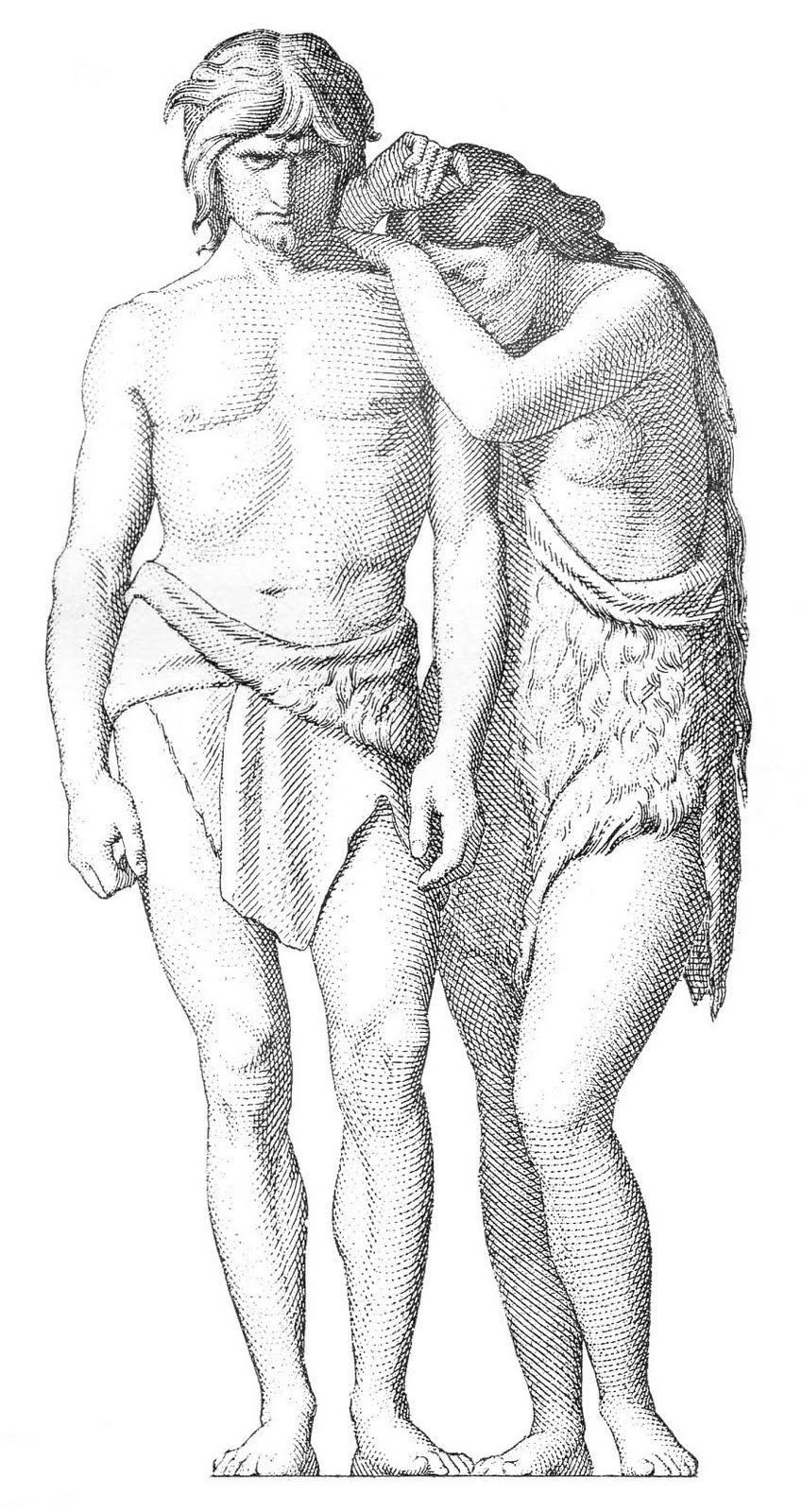Through God’s purpose for creation, and through his unending love and goodness, man is a product of divine perfection. Yet man is now a fallen species – not from being created as flawed beings, but from encountering the alluring power of sin and succumbing to its will. However, although sin is embedded in the human experience, it can be conquered by embracing God’s grace (Catechism of the Catholic Church #386 – 387).
This is first achieved by understanding original sin. The common interpretation, even among many people who aren’t Christian, is that Adam and Eve committed original sin, and that all of humanity since has inherited that. But here is another, more crucial angle to this: our ultimate salvation has also existed since creation; therefore, God’s grace far outshines sin and allows us to keep an eternally loving relationship with him (CCC# 388 – 389).
But how did original sin occur in the first place? In short, sin was first manifested in Satan’s fall from Heavenly glory. Satan, considered “the father of lies” (CCC #392), then enticed Adam and Eve into sin by deceptively offering them the means to be as God, instead of God himself being the source of a mutually loving relationship and moral obedience to his will (CCC #392 – 395).
This decision was the very act of freewill. God created humankind to participate in creation and maximize the paradise in which they lived. However, by corrupting the test of freewill, humankind chose a life of struggle with all forms of sin, which, in turn, has corrupted all earthly creation to this day (#396 – 402).
However, at the same moment that the fall happened, God also revealed that evil would ultimately be conquered through Christ’s death and resurrection. And though this revelation is rather concealed when God tells Adam and Eve that “they will strike” at the serpent’s head, this typologically points to Mary as a vessel for God’s final covenant with humanity: Christ conquering sin through his death and resurrection for our salvation (CCC #408-411).
When I was, well, a militant atheist, the mere idea of a “fall” away from God was maddening to me. As one of my atheist influences asked at that time, “Why would God create us so that we would disobey him, so that he could sacrifice himself to himself to save us from himself?”
Sadly, that statement grossly misunderstands Christian theology. Worse, it was that kind of rhetoric that fueled my disdain for religion. I really believed that Christianity was corrupting society; and that, as another atheist friend of mine had put it: “It’s as if God has a gun to your head and gives you the forced choice to love him or get a bullet to the brain.”
Yes, strong words. Regardless, they are not true words. Instead, they are shameful. It’s one of many examples of how I had devolved into an ungrateful, self-serving, nihilistic jerk. But then – and for which I am still grateful to this day – my eyes reopened to the truth of our faith….to the truth of the fall: We humans chose the path to be a god, instead of the path of full communion with the true God.
Further, this story of the fall – this original sin – is the sin that I say “keeps on giving to this day.” It is widely apparent throughout the world, and almost mind-numbing now in Western society, largely due to social media and information saturation.
Yet the sheer beauty in the story of the fall is that hope shines through it – God assures us that we can still be in his grace, that the whole point of the story is our *salvation*, and not so much that we blew it in the beginning. We know that evil is real, that Satan does have an influence on this world. But we are the owners of accepting evil and propagating it. Therefore, God’s grace is much more about the light out of the darkness, rather than humans being set up to fail. Let’s pray that our own salvation is a fortified as possible through God’s love.
